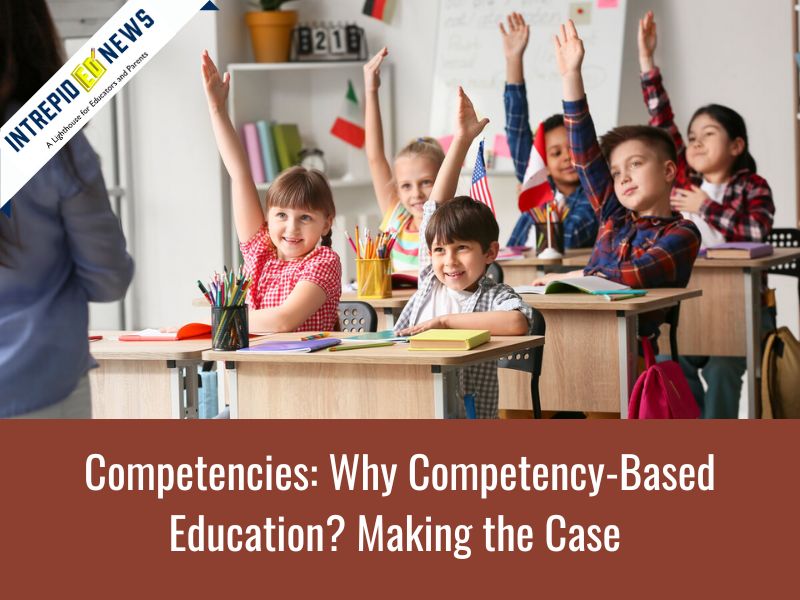This article is republished with permission from IntrepidEd News
Devin Vodicka
Better grades evolved out of higher education in the late 1800s and became the ubiquitous method of evaluating and reporting on student performance during the industrial age when we shifted from one-room schoolhouses to mass produced, factory-model education. While the standardization provided system benefits, the primary value of grades and grade-point averages are that they provide an efficient method to rank, sort, and select students. The strong reliance on grade-point averages as one of the key criteria for higher education admission is an example of such utility.
It is also true that letter grades have proven to be an imperfect approach with some serious limitations that should compel us to reconsider whether the efficiencies gained from their usage outweigh the disadvantages. For example, averaging performance on assignments, quizzes, and tests does not accurately reflect what a student actually knows at a given point in time. Even more alarming is the synthesis of research conducted by Lahey that included the following:
“points-based grading undermines learning and creativity, rewards cheating, damages students’ peer relationships and trust in their teachers, encourages students to avoid challenging work, and teaches students to value grades over knowledge.” – Jessica Lahey
Given the limitations of letter grades that have been made clear over an extended period of time, now is the time to think about new and better models. Competency-based learning is the foundation of a learner-centered approach to assessment. As defined by Education Reimagined, “in competency-based learning, each learner works toward competency and strives for mastery in defined domains of knowledge, skills, and dispositions … Assessments, both formative and summative, are utilized on a continuous basis to inform the learning and instructional strategy for each learner.”
Competency-based assessment also incorporates principles of effective feedback, including self-reflection, qualitative responses, timeliness, and social-emotional learning coupled with academic outcomes. In contrast to traditional approaches that are often used for sorting, selecting, and ranking, the focus of competency-based learning is deeper learning.
Throughout the COVID-19 pandemic, many educators found it difficult to give letter grades and were thus compelled to shift practices. Several states have adopted new legislation to promote a shift away from seat-time to mastery-learning funding models. Universities are reconsidering their admissions procedures. Employers are shifting to skills-based credentials. School networks such as Mastery Transcript Consortium and our own community of partners at Learner-Centered Collaborative continue to grow.
All of these are indicators that now is the time for us to lean into the opportunities and challenges of a new and better approach. We need to focus on learners and learning. We need to use what we have learned about the science of learning to inform an approach that is oriented to deeper learning and enduring understanding. We also need to be thoughtful about what we measure so that we cultivate the knowledge, habits and skills that will lead to lifelong learning and success.
























